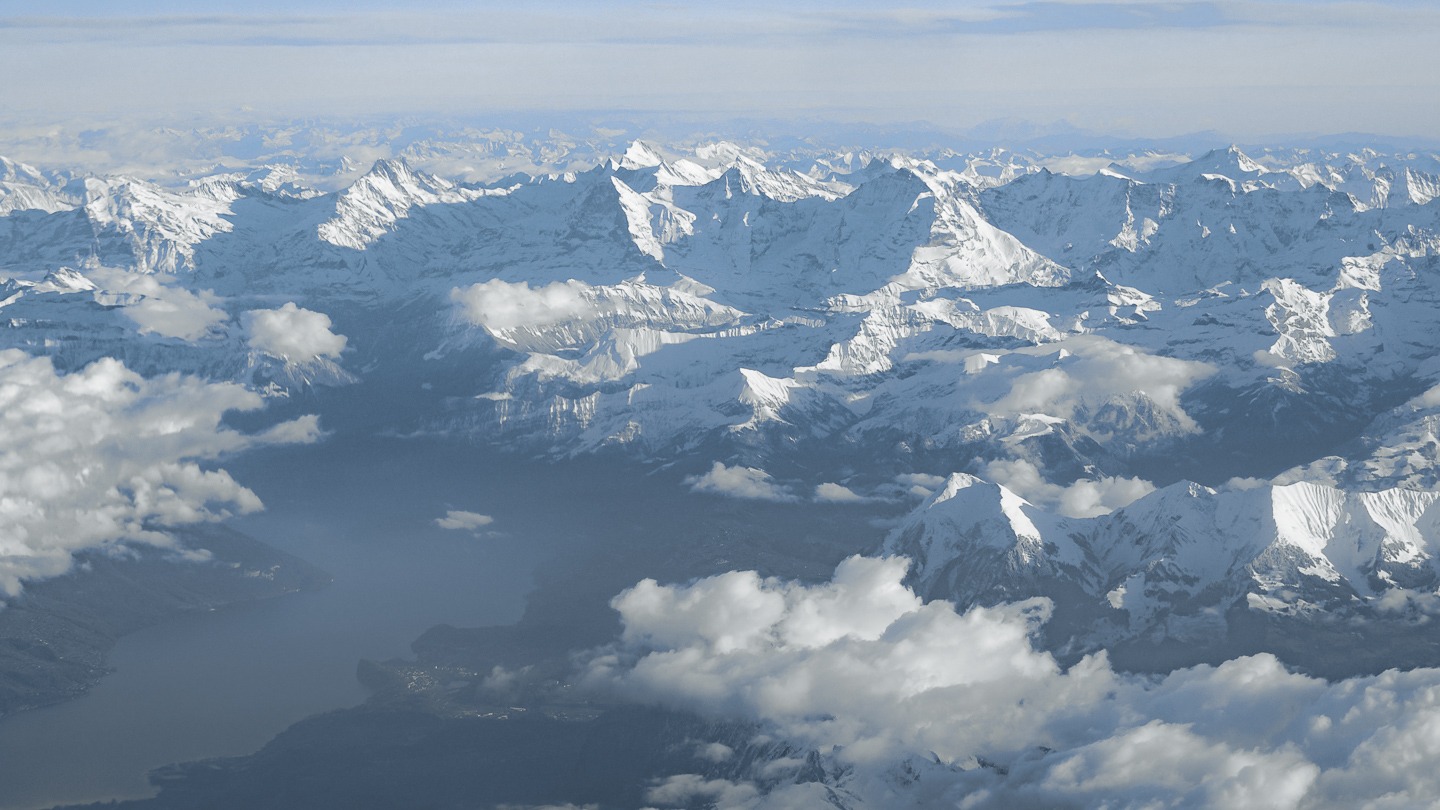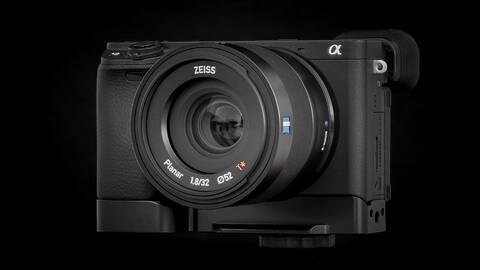Aerial shots taken from an airliner often leave something to be desired. The main obstacle is probably the plane’s windows, with their poor optical qualities. The sometimes bumpy ride doesn’t help either. So here are 7 suggestions to overcome the most common problems.
- Seating
Choose a window seat on the side away from the sun. Facing the sun would expose imperfections in the window. To avoid blurring from hot engine exhaust, take a seat in front of the wing. Platforms such as AeroLOPA, SeatGuru or SeatMaps provide detailed information on cabin layouts, seat maps etc., for most common airliners. - Aircraft Window
Clean the window with a lens or eyeglass cloth. ;-) - Photo Gear
No matter how advanced your camera is, it won’t be able to make up for the loss of image quality caused by the atmospherics and the window. So a smartphone can be a perfectly adequate choice.
- Camera Angle
Try to keep your camera perpendicular to the window plane. Tilting the camera too much will only accentuate the imperfections in the window. - Focal Lengths
Avoid extreme focal lengths. They will either bring the window frame into the picture (wide angle) or expose the imperfections of the window (telephoto). - Shutter Speed
To avoid motion blur in your aerial shots, use a shutter speed of at least 1/400 for wide angle and 1/1000 for telephoto. - Composition
Depending on the circumstances, you may have trouble framing your shot as you intended. Just go a little wider to allow for a little more cropping in post. Historical flight data will give you an idea of the views you can expect along the way. Use a platform like flightradar24.com to find out more.
Have a safe trip and many great aerial shots!


